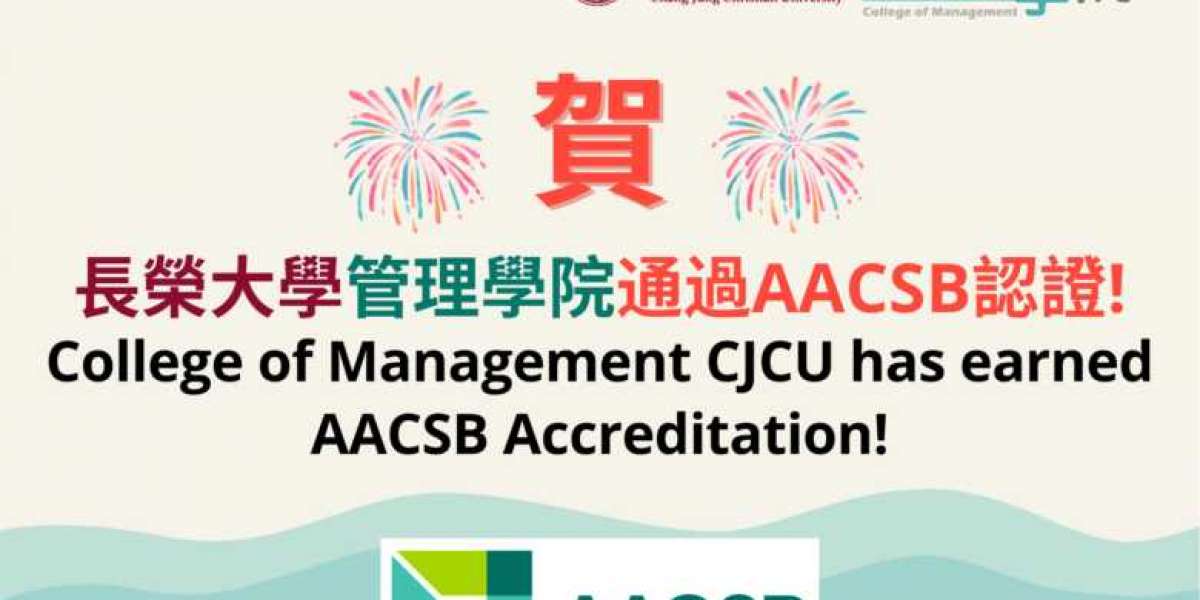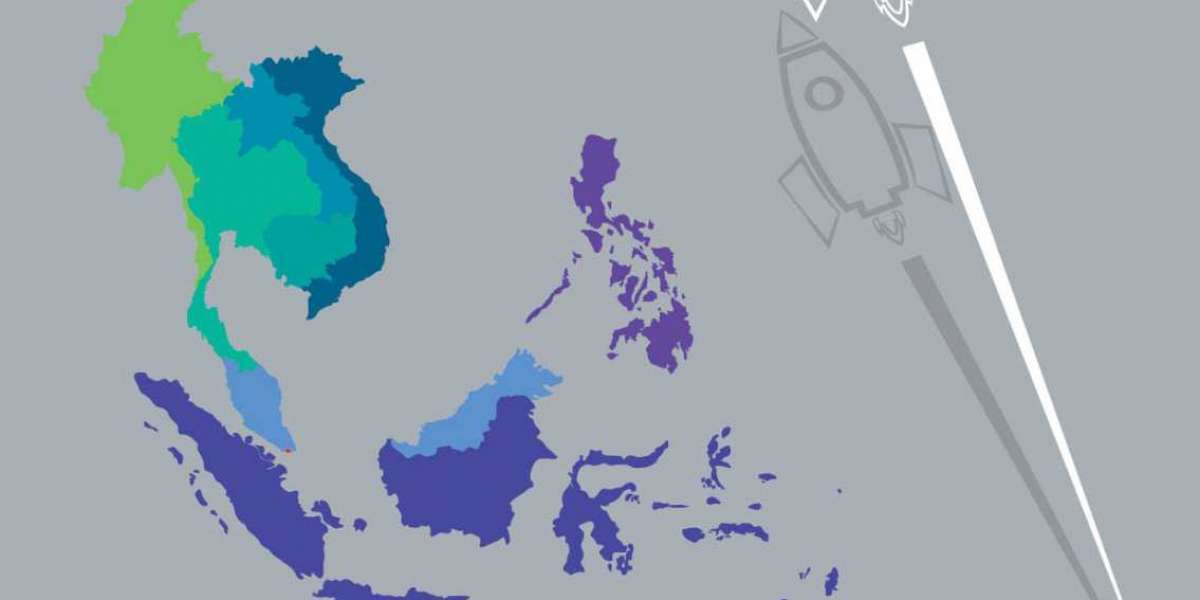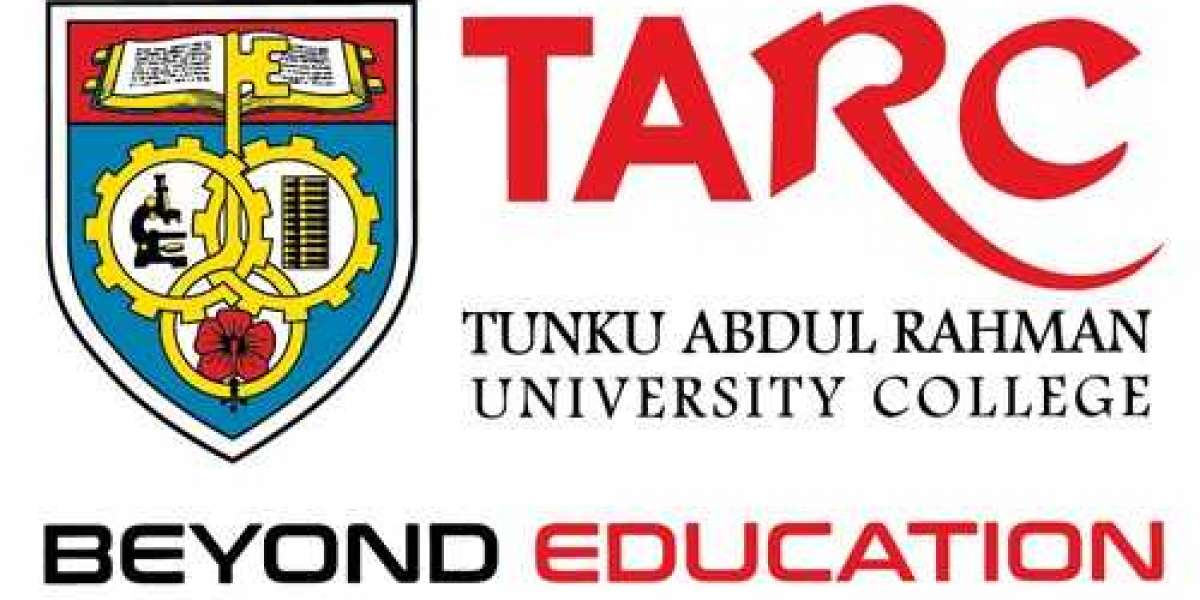Sustainability is a hot buzzword in international education right now, especially as we plan for a post-COVID-19 era. As a consequence of the abrupt halt in overseas travel and public mobility due to the pandemic, the earth has benefitted from significantly reduced pollution. Such anthropause also led to wildlife that were previously displaced by human activity to reenter habitats now suddenly available. The hope is that such improvements are not temporary, but that humans may lessen their negative impacts on the environment in the long term. The United Nations has marked 2021 as a critical year to “reset our relationship with nature” as experts warn, “we are in a state of planetary emergency.”
Even before COVID-19, there was accumulating interest in international education’s impact on the carbon footprint. And since the pandemic, there are increasing calls for greater responsibility towards sustainability in international education. When it comes to overseas travel in particular, that might mean reducing long-haul flights, choosing nearby destinations, and harnessing online learning platforms, all as efforts to mitigate harm to the planet. Considering the growing demand for international education, such measures to lessen the negative effects of travel would certainly slow some greenhouse gas emissions and help the environment.
Sustainability Problems in International Education
With a growing world population and increasing pressure on limited natural resources, “sustainability” efforts are bound to privilege access to the elite few. Raising costs is a common management approach to reducing human traffic while maintaining operating income. New Zealand, for example, is considering a controversial departure tax for all international flights to lower the number of visitors, as a consequence of the environmental and social burden that crowds of tourists placed on the ecosystem and local communities.
Overtourism to other globally popular destinations, such as Machu Picchu in Peru, Santorini in Greece, and Angkor Wat in Cambodia, have led to deterioration there as well. Even places committed to nature and wildlife conservation, such as U.S. National Parks and the Serengeti National Park, have suffered from too many visitors.
Furthermore, the absence of human intervention has its downsides as well. In the case of the recent anthropause, the lack of stewardship led to decreased conservation-enforcement, which in turn increased poaching and unchecked use of parks in some areas.
Altogether, as warned by a coalition on the Future of Tourism, “poorly managed tourism, driven by short-term, unguided market forces, has disrupted communities and ecosystems, worn away cultural and historic sites, added to environmental stress, and degraded the travel experience itself.” International education, much like tourism in general, is in danger of being treated as a consumptive and limited product, leading to similar irresponsible practices in which market demand trumps social responsibility.
Sustainability vs. Regeneration
Yet international education can do far more than strive to uphold the status quo and ignore the environmental violence and injustice associated with settler colonialism and environmental racism. Rather, it can be regenerative. Whereas sustainability means to withdraw or lessen to maintain a constant state, “regeneration” refers to “creating the conditions for life to continuously renew itself, to transcend into new forms, and to flourish amid everchanging life conditions.”
A sustainability mindset limits what is possible by observing the best conditions as existing only in the past. A regenerative mindset is far more promising because it sees potential beyond doomsday scenarios and looks to heal and invest, rather than merely prevent. In the simplest terms, the difference would be leaving the tree untouched or planting more trees. Environmental goals thereby extend beyond conservation and toward an even healthier planet.
A key element of ecotourism is travel that conserves and enhances the natural environment as well as the well-being of the local people at the destination. Such conscious tourism is fast becoming a popular alternative to commercial mass tourism, especially among Generations Y and Z. This idea is not new, as a regenerative approach to land is fundamental to Indigenous Knowledge. Already, regenerative thinking has been applied to agriculture, medicine, architecture, and business, to name some.
A Regenerative Approach to International Education
Thus, we call for a regenerative, over a sustainable, approach to international education.
A sustainability approach to international education may translate to staying home and learning about faraway cultures through the internet or from international friends. However, the reality of self-imposed stay is unlikely with highly anticipated post-COVID “revenge travel.” Perceptions of dwindling supply in particular (e.g., coral reefs and glaciers) may inadvertently lead to further environmental demise, as consumptive travel within fragile and disappearing ecosystems may actually increase.
A regenerative approach to international education empowers individuals to improve conditions. Those who do travel might support locally owned services instead of global chain companies. They may buy locally produced goods in place of imported products and foods. Study abroad and international meeting sites might be determined less by mass popularity and more by the capacity to support locations and institutions that are committed to fair income distribution and carbon neutrality, or better yet, carbon negativity. International scholarly and professional meetings may further opt to partner with climate positive industries. They may also implement a carbon tax to reinvest funds directly back to local priorities.
A regenerative approach to international education also involves eco-consciousness raising, such as incorporating environmental education and research. Infusing environmental topics into and across the curricula, sponsoring interdisciplinary meetings to address climate change, and supporting nature conservation research are obvious places to start.
A Regenerative Approach to Host Locations and People
Regenerativity is not about nature alone. In contrast to conventional sustainability, a regenerative approach, from an Indigenous viewpoint, holistically values the interconnectedness between natural and social environments and giving back to both. Whether a student majors in biology, engineering, or education, the implications for ecological impact are pertinent because, based on an Indigenous conception of the ecosystem, humans and the rest of life are not easily divisible.
As regenerativity includes local engagement, study abroad programs could match destinations to communities that directly inform students’ educational goals, and places that can be enhanced through community service, rather than a long menu of international travel locations. Volunteering on local projects provide ample opportunities to learn about a place first-hand. The international education experience would involve challenging students to think about their carbon footprint, reflect on the world’s interconnectedness, and take action towards learning from and benefitting destinations. Policies and benchmarks thereby refocus from the quantity of students and university funds generated to student learning, community empowerment, and carbon negativity.
Incorporating Indigenous customs, languages, and knowledges would also make professional and scholarly gatherings a potentially powerful means to support and connect locations with its local cultures. Ecotourism, for example, has been shown to improve gender equity, preserve local culture, as well as protect nature. Additionally, as part of a regenerative knowledge process (over knowledge as a product), international education is not a one-off activity but a feedback loop to support a “living system” to be both inclusive and thriving.
Conclusion
In essence, education, at its core, is a regenerative process. But the field, and in particular international education, has been branded as an exportable and exclusive “product,” reducing its capacity for its full regenerative potential. While sustainability in education places limits on human behavior and what is possible, regenerativity in education inspires a powerful vortex of global progress and human capacity.
About the Authors
Jenny J. Lee is a Professor in the Center for the Study of Higher Education at the Univeristy of Arizona.
Ola A. Lundemo is the Ecotourism Program Chair in the School of Natural Resources and the Environment at the Univeristy of Arizona.
Originally published in University World News








